Our mission is to provide the platform and resources absent in our classroom to educate, inspire, and empower students to be civically engaged. The Catalyst pairs accessible journalism with a network of partnerships for students to take advantage of. Change of the youth, by the youth, for the youth. This is our story.
Read out latest articles…
By Ayushi Gon
The team of scientists at the University of California, Los Angeles (UCLA) has developed a novel cell-based immunotherapy capable of effectively tracking down and eliminating pancreatic cancer cells, even after they have spread to other parts of the body. It is an off-the-shelf treatment, which is supposed to be given to any patient without any special adjustment.
By Emma Wurster, Carlos Calderon, Katie Yin, and Jayden Luse
When discussing the school policies, many teachers decide not to allow food in class. But students do not tend to follow this rule, and many start asking the question, why is food not allowed in class? The truth is, there are many arguments for and against snacking in class. Many claim that eating disturbs class time and makes a mess, while others argue that it helps to overcome the boring moments and hunger during that period. But is eating in class more beneficial or an issue for high school classes?
By Zainab Alvi, Cameron Day, Rares Rus, and Sarah Taimoory
After many hours learning in the classroom, the bell finally rings. Students fill the halls, rushing down the stairs, only thinking about the melty cheese on their pizzas and the crispy chicken nuggets. Yet when they finally arrive at the dining hall, the lunch line is already out the door. Approximately 63% of public-school students eat school lunch. So we sought to find out what these schools offer, and how it compares to private school lunches.
By Riya Dasgupta
It started with a simple question: What is the theme of Macbeth? But when a high school sophomore got a five-paragraph essay within seconds, they realized they had stumbled onto something bigger than CliffsNotes ever dared dream. Artificial intelligence has officially entered the chat—literally—and it’s flipping the classroom upside down. “I just asked it for a thesis, but then it gave me an outline, then a whole essay,” one student shared in aReddit thread. “And like… it was better than what I would have written.” They laughed. “Is that bad?”
By Riya Dasgupta
On April 3, 2025, Wall Street was rocked by one of the most catastrophic single-day crashes in recent history. The Dow Jones Industrial Average plummeted over 1,200 points within the first hour of trading, and by market close, the S&P 500 had dropped nearly 5.4%, while the NASDAQ cratered by a staggering 12.1%—its worst daily loss since the early 2000s dot-com collapse. Investors watched in disbelief as nearly $2.3 trillion in market value was wiped off the board in less than 24 hours.
By Riya Dasgupta
Across high schools nationwide, the culture of Advanced Placement (AP) classes is as deeply ingrained as Friday night football games. Students dive headfirst into a whirlwind of honors and AP courses, often stacking their schedules with more rigor than a caffeine-fueled all-nighter can handle. This academic arms race has become so normalized that taking multiple AP classes feels less like an achievement and more like a rite of passage. While this pursuit of excellence is admirable, it comes with a hefty price tag: stress and burnout.
By Kate Bevins
With glamorous advertisements for delicious burgers, or chicken nuggets, it is easy to see why 36.6% of Americans eat fast food on any given day. Some obvious issues that come to mind with these staggering numbers are obesity, and disease. However, one of the biggest ways American food systems are failing ethically and environmentally is through their means of production.
By Elizabeth Chen
With the growing popularity of AI, the 2024 election may be called the “AI election” as its popularity and developments are proliferating, but the effects are also worldwide.
By Kate Bevins
Many Americans form opinions and beliefs manipulated by the content they see on social media. But what does this mean when the information they are receiving is biased or completely incorrect? Social media has led to an explosion of misinformation on health, breaking news and, in extreme cases, the spread of viral conspiracy theories, offensive and extremist content. Social media is playing a significant role in fueling the division that is destroying our nation. As America continues down a radical spiral of hatred and division, social media companies need to begin taking action and making changes within their sites, changing a system that rewards hatred and misinformation.
By: Sonya Malik
Girl Scout cookies are a tale as old as time in the United States and are considered a classic seasonal dessert when they are being sold since 1912 when founded in Savannah Georgia by Julliete Gordon Low. But some cookies are leaving the menu this year.
By: Sonya Malik
No one would’ve guessed that 2025 would’ve started with apocalyptic fires raging throughout southern California in LA. We all know about how wildfires are common throughout the state but wouldn’t have expected them to run through one of the biggest cities in the United States which is home to many celebrities. These fires have been catastrophic to the LA community and have made national headlines.
Skye Warner
A president’s first official task, apart from accepting the victory, is nominating his cabinet members. It’s the nation’s first look at who the president thinks is qualified and who the president wants to greenlight their policies. It’s also a look at what a president values. Is their cabinet all-male? All-white? What’s their background? Are they loyalists, or will they be able to tell the president no? Finally, the people that the president chooses will display his own values. Are they choosing a war hawk or dove for the Secretary of Defense? Are they choosing a treehugger or Shell’s CEO for the Secretary of Energy? Is their UN Ambassador isolationist or multilateralist? All of these people will play an important role in carrying out the president’s policies, and it’s a look into what the president is likely to do down the road.
By: Sonya Malik
Typically when we think of oil we think of money, resources, cars, and the climate. Something behind the production of oil is the oil rig. An oil rig is used to extract oil and gas from beneath the earth’s surface. Oil rigs are typically in bodies of water far from coasts of lands. As people want to move towards a more sustainable future the oil rig industry is not as favorable. As a society we don’t necessarily want to eradicate all oil rigs, but find more positive things to see in them. But there may be more behind the scenes of these steel structures in the middle of our oceans than meets the eye.
By: Frances Xing
In 2022, MIT announced that they were bringing back the standardized testing requirement in their college admissions. As of 2024, Dartmouth, Yale, Brown, UT Austin, and more have also joined, turning against the growing number of test-optional schools.
By: Elizabeth Chen
Sunday, July 21st: Joe Biden drops out of the presidential race, four months before the 2024 election, following a disastrous presidential debate between Joe Biden, the current President of the United States, and Donald Trump, Former President of the United States. The viral debate ranged in topics from who had the best golf skills to relations with a porn star, leading to Biden’s chances decreasing in the polls.
By: Elsa Plank
As the 2024 General Election approaches, here are some important guidelines for young Americans to consider. Don’t know where to start? Let’s begin by learning more about deciding which candidates to support.
By: Manthan Madan
Public transportation is for everyone and is most commonly found in densely populated areas. The subways in New York and California are examples of public transport, whereas cars are examples of private transport. Both cars and public transportation have advantages and disadvantages for the economy.
Hypothetically, if there was a family with two kids in college, who earned the average national income of $74,000, their combined college tuition would be around $72,000, which essentially equals that family’s annual income. This offers a dilemma; do you send your kids to college? Or do you prioritize your basic needs such as mortgage payments and food?
The Golden Globes, an awards ceremony for American and international films, celebrates outstanding films produced by hard work in the industry. This 81st Golden Globes should have served “as a bid to return to awards so relevancy” due to the controversies in recent years, but an opening dialogue from comedian Jo Koy, the host of the ceremony, set an uncomfortable tone.
A study done by NOAA’s National Centers for Environmental Information has shown that 2023 has been the warmest year on this planet in 174 years. Each decade has been hotter than the last, a preview of the events that will happen in the future if humanity does not act now.
Westward Expansion built the foundation of the United States. The expansion of the United States territory west was vital for creating the modern United States. Consequently, the push westward has been honored throughout history and one such commemoration was with a massive, stunning steel structure known as the Gateway Arch. Saint Louis’ Gateway Arch, completed in 1965 by Eero Saarinen, was built to celebrate the enlargement of America.
By: Colleen Nakhooda
In the wake of recent current events regarding the Israel versus Hamas War, there has been an exponential rise in protests, acts of violence, public acts of hateful discrimination, and an outcry for college boards in the United States to listen to their student’s voices and beliefs.
By: Kai Kurokawa
One more step. Senior wide receiver Trey Sharp lines up on the line of scrimmage with four minutes to go in the game, Hudson down 17 - 21. A touchdown would give Hudson all the momentum they would need to seal the game. The ball snaps, as the ball floats in the air for what seemed like forever. The ball falls into the hands of Sharp as he takes the ball untouched into the end zone.
By: Jyothisree Mandadapu
Over the past few years book bans in American schools have become more common and vicious. According to the American Library Association attempts at book bans have risen by 385 in the country. Although this is a movement being driven by a minority in certain states the impact is felt in classrooms all over the country.
By: Erica Liu
Especially after the COVID-19 pandemic, the annual battle starting in August is marked by destruction, displacement of communities, and long-lasting societal, economic, and emotional scars. Seven million young men and women grapple with the high levels of competition, besieged by doubts and uncertainty, yet motivated by dreams of a brighter future.
By: Ava Daugherty
Since August 29, 2023, when Katy Independent School District in Houston, Texas, began enforcing a policy that requires educators to notify parents and guardians if their child identifies as transgender, nineteen students have since been forcibly outed. Elsewhere, the Texas Education Agency has, starting this school year, taken over
By: Khadija Coats
At the start of the Covid-19 pandemic, the VA (Veteran Association) Forbearance Loans Program was enacted by Congress. The program sought to defer mortgage payments for veteran families struggling financially, allowing them to keep their homes during the pandemic without difficulties. Their missed payments
By: Erica Liu
Many of us have worked an hourly paid minimum wage job before. Whether it’s taking orders or flipping burgers, we all have one thing in common: we like to be paid for our work. Minimum wage was established in 1938 to prevent employers from exploiting their employees; it was meant to be a protection.
By: Madeleine Burke
With the second amendment being a hotly debated topic in current events, it’s no surprise that the amendment will soon be taken to the Supreme Court yet again. Why will this recent case be different?
By: Bobin Park
On Friday, June 30th, the Supreme Court ruled 6 to 3 that businesses can refuse services to same-sex couples. Lori Smith runs a graphic design business called 303 Creative. Her case is that the Colorado Anti-Discrimination Act will compel her to create websites for gay couples, which is inconsistent with her beliefs.
By: Rhea Kumar
Picture yourself sitting on the couch, phone in hand. Your eyes dart up and down, following the swipe of your thumb as you endlessly scroll through videos on Instagram. You then pause and like a video. Moments later, videos strikingly similar to the one you liked before begin to appear. You continue to like the videos. Though this act may appear as fleeting, ordinary, or even insignificant, it plays a critical role in shaping the content you consume.
By June Jack
American retrenchment will not benefit either the U.S. or international population. Instead of turning towards Trump-style isolationism, the United States should recommit to and strengthen the rules-based international order.
By June Jack
The International Criminal Court (ICC) prepares an indictment against a leader for crimes against civilians in their prosecution of a war. The leader and their allies responded by threatening the ICC.
By Saanvi Nagaraj
With the 2024 election results revealing that Donald J. Trump will be the next president of the United States, the economic term tariff has become increasingly relevant. Trump has emphasized that his economic plan for the next four years will involve tariffs, calling himself the “tariff man.”
By Norah Luzadder
With devastating hurricanes and record-smashing temperatures continuing to surface across the globe, it is no secret that climate change is reaching a point of grave concern. Individuals of all backgrounds experience its effects, and a wide range of politicians and celebrities endorse campaigns to reduce some of the most prominent contributors to greenhouse gas emissions. Yet some of the most disproportionately affected by changes to our Earth continue to go relatively unregarded outside of climate conferences and other diplomatic endeavors.
By: Madeleine Burke
As Simone Biles and Katie Ledecky fly across our screen, it’s hard not to be watching the Olympics in some way this summer. However, from the extravagant opening ceremony on the Seine to the shiny medals, one can’t help but wonder how much all of this had to cost both economically and socially.
By Riya Dasgupta
2024 has been a crazy year, and we’ve only just begun. From the tens of worldwide conflicts in places like Yemen, Ethiopia, Gaza, and Myanmar, to the largest global warming threat to humanity today; little third-world problems in our lives such as Sephora havoc, consumption culture, and reliance on technology seem irrelevant. Nevertheless, the years continue to pass, and modern customs continue to evolve; yet not always for the better. Could the exaggerated use of technology and new overconsumption trends be pushing the development of society backward instead of forward?
By: Mikal Yonas
In light of the recent elections in the Democratic Republic of Congo a little over a month ago, an escalation of deadly violence between two major militant groups has shaken the region. Clashes between militant groups and rebel groups
By: Riya Dasgupta
Global warming is one of the largest threats to humankind today. Its presence is overbearing and it stays in the back of minds over some of the most important decisions made. In seemingly complete contrast, there is Taylor Swift, a fast-climbing pop artist and music record holder, whose songs are heard around the globe. Despite being completely different worlds, the two have more correlation than you would think.
By: Riya Dasgupta
COVID-19: the globally known virus, also named the “Coronavirus disease,” that swept the world almost four years ago. Deaths were in the millions, and it was as easy to catch as the common cold. Wait; four years ago?
By: MaxiMO Bangayna
Valorant, Riot Games' tactical first-person shooter, has taken the gaming world by storm, not only for its strategic gameplay but also for the diverse and unique cast of characters known as Agents. In the world of Valorant, players aren't just picking characters; they are assembling a team of individuals with distinct abilities, backgrounds, and cultures.
By: Parvati Gopakumar
In a world where most people are transferring their entire lives to be digital a new pandemic has arisen. It has discrete symptoms, and is usually unnoticed, yet it’s spreading rapidly. Unlike Covid-19 or SARS this pandemic is much worse because no one is attempting to ‘cure’ it.
By: Mikal Yonas
November 2023 marks three years since the Ethiopian Government began its devastating military operations against the Northern Tigray Region in 2020. While western media coverage since 2020 on this matter has been minimal, the death, destruction, and horror certainly has not been.
By: Gowri Gopakumar
The use of Artificial Intelligence (or A.I.) has grown to become an integral part of society. From self checkout lines to automated voice replies, A.I. continues to be all around us. However, where is the line drawn for A.I. involvement in our lives? That’s something even now as a society we all are trying to decide.
By: Abbie Ahn
In the tumultuous landscape of modern politics, the Israeli-Palestinian conflict stands as a key example to the power of the media in a political issue. As the conflict rages on in the Levant, media continues to play a crucial role in how people perceive the conflict as well as sending aid to those directly in the midst of the ongoing crisis.
By: Manthan Madan
Boko Haram, was established in 2002 in northeast Nigeria. Its founder was Mohommad Yusuf. However, when he died in 2009, the group had then started significant violence in the Nigerian area, and thus was able to cause the deaths of thousands and the displacement of over 2.5 million people.
By: Margaret Chen
Since May 2023, Canada has been engulfed by a record-breaking season of wildfires. Over 70,000 square miles of land has been burned by 4,300 fires. To put this into perspective, this is roughly the size of Washington state, and the last season that was this severe clocked in at 30,000 square miles in 1989. Furthermore, although Canada is no stranger to wildfires, it typically experiences peak wildfire season in June. Yet, these fires are still burning with scorching intensity even though historically, the frequency of these fires should be declining. So what does this mean?
By: Fatema Dinary
Plastic is an ongoing problem in our environment and has polluted countless ecosystems to date. The durable, reusable material has become popular over the years due to advancements in technology and mainstream platforms that advertise such materials.
Around early January, South Africa took over the BRICS chairmanship from China and will play host to the group’s annual summit this year. If you don’t know what BRICS is, it's an acronym for the five leading emerging economies among countries:
By: Elham Abdel Jalil
On February 6th, one of the deadliest earthquakes in a long time hit Turkey and Syria. As of February 8th, the death toll has risen to over 15,000 and thousands more injured.
By: Khadija Coats
As the number of protests in Iran has grown over time, many Iranian immigrants have voiced their opinions on the ongoing events, including the deadly protests and the unjust arrests in Iran and the experiences they’ve encountered growing up in the country.
By: Elham Abdel Jalil
Most of us are probably somewhat aware of what’s been happening in Iran, but regardless if you are or not, this article will cover the basics of the events of the past weeks and months. Enjoy!
By: Maggie Reef
As you may or may not have heard, this past October two people threw tomato soup on Vincent Van Gogh’s “Sunflowers” painting. The two people are members of a movement called “Just Stop Oil.” Their goal is to stop the development and production of fossil fuels, however, their acts of protest might be doing more harm to the cause.
By: Margaret Chen
Right from his initial announcement that he intended to do so, Elon Musk’s acquisition of Twitter remains controversial. On October 28, 2022, Musk secured the $44 billion deal that allowed him ownership of the giant social media platform. He has since made a multitude publicly questioned decisions—including initiating mass layoffs and taking Twitter private.
By: Shiwani Tamaskar
On October 14, 2022, two climate activists threw soup on a Van Gogh painting at the National Gallery in London. Part of the environmental activist group Just Stop Oil in the UK, they shouted, “The cost of living crisis is part of the cost of oil crisis, fuel is unaffordable to millions of cold, hungry families.
By: Shu-Li Thakore
Just recently, a Brazilian presidential election took place, potentially determining the future of the Amazon Rainforest and raising questions around climate justice. It is important to understand the definition of climate justice to understand the significance of the Brazilian election.
By Khadija Coats
On September 13, 2022, Mahsa Amini was arrested in Tehran, Iran by Iran’s Morality Police for supposedly violating the Hijab Law, three days later, Mahsa passed away from an “underlying illness” according to Iranian authorities.
By Archer Gandhi
A few years after the Vietnam War, the United States entered Cambodia and supported the Khmer Rouge, an oppressive dictatorship, by bombing Cambodia, supplying arms, food, and clothing, and declining humanitarian aid
By: Julia Zhu
It was reported recently that rainwater has now become so polluted with forever chemicals that it is no longer safe to drink. Over the years many water sources have been polluted with forever chemicals, but not to such a severe degree. These forever chemicals are a term used for PFAS, a group of chemicals used to make fluoropolymer coatings and products that resist heat, oil, stains, grease, and water.
By Liu Von
The world was shocked and devastated when Queen Elizabeth II died on September 8, 2022. Everyone’s attention now turns to who will be next in line. Her son, Charles III, acceded the throne and was sworn in on September 10. But what does this mean for the UK and how does the rest of the world feel about this?
By Shreya Aggarwal
In 2025, an era where women finally have the opportunity and right to vote and own property, gender bias continues to persist in subtle yet deeply consequential ways. Most importantly, there is still a gap in the way that women are treated compared to men for healthcare issues, including but definitely not limited to – cardiovascular care.
By Stella Handlin, Kate Bevins, Yasmina Fayzullaeva, and Artem Babayan
High school sports are designed to be a fun, exciting way to get students involved in their school’s programs, while playing sports they grew up loving. This culture and atmosphere create fulfilling prospects and can be the gateway to receiving athletic offers and scholarships, life-changing opportunities, and lifelong dreams for student athletes. However, these rewards are not easy to achieve, and the workload they require is not easy to maintain. Eventually, it becomes easy for teens to grow overwhelmed when battling expectations placed by themselves, peers, parents, and coaches. Instead of seeking help from loved ones, some look to the tempting promises of Performance-Enhancing Drugs (PEDs).
By Kelsi Lo
I have to admit, I have an addiction to — matcha. An obsession with the milk, water, matcha powder, and honey combination that many do not realize is a hidden science that I have spent numerous mornings perfecting. Like a science experiment, through test and fail, I have finally found the golden ratio to make the perfect matcha latte. It’s become a daily ceremony, complete with a filter, scale, and bamboo chasen.
By Riya Dasgupta
In recent years, platforms like Instagram and TikTok have become central spaces for self-expression, identity, and culture—especially for younger generations. However, for many South Asians, particularly Indians, these platforms have also become places where racism within and for the community is not only present but often normalized, aestheticized, and even celebrated.
By Ava Wine
In a world where most teens are online, the amount of in person connection is also affected. Even small technological usages like online shopping can create negative effects on mental health. Not only is online shopping damaging to mental health, it is also economically damaging, socially damaging and can lead to addictive tendencies in teenagers. According to Addiction Center, “With 85 percent of Americans owning a smartphone, it has become even more favorable and convenient for people to shop online.” Cell phone usage has not only become an issue in our society and at school, but it is also becoming normalized to have large amounts of screen time usage on sites like Amazon or fast fashion brands.
By: Kate Bevins
Famous for her family vlogging channel “8 Passengers” which amassed over 2.3 million followers, Ruby Franke shocked the internet when she pleaded guilty to 4 counts of child abuse. The popularity of this case exploded, largely due to their strong internet presence, and the recently released docuseries. This case has opened a pandoras box, forcing the public, and lawmakers, to consider the tremendous impacts of family vlogging on the children. Stricter laws must be implemented, protecting the children involved in family vlogging channels.
by Riya Dasgupta
Let us face it: procrastination is the dark cloud that hangs over the lives of students everywhere. It whispers sweet promises of “plenty of time later” while quietly tightening the noose of stress and missed deadlines. For students around the world, this habit is both a source of humor and a serious obstacle to academic success. Procrastination takes a serious toll on schoolwork, creeping into every corner of a student's life, fueled by a mix of habits, distractions, and the pressure to perform.
By: Riya Dasgupta
“Sometime, somewhere, someone will generate a cloned human being.” — Ronald Green for Scientific American, 1999
Human cloning is the process of creating a genetically identical copy of a person. While the technology to clone animals has been around for decades, the possibility of cloning humans has only recently become a realistic possibility. As a result, the topic of human cloning has generated a great deal of controversy and debate, with valid arguments on both sides.
By: Kate Bevins
Tensions are rising between the science community and animal lovers, and it's all because of one subject. Animal testing. It's a disputed concept that has been pushing both scientific and moral boundaries for years. Experiments on rats, rabbits, and in rarer cases monkeys and dogs have led to scientific discoveries in medicine that continue to save lives. Originally, animal testing never raised any concern about morality. However, animal rights organizations, and activists have begun speaking out for those without a voice - animals.
By: Gowri Gopakumar
What if a single cell can change the entirety of humankind’s interaction with medicine? That’s the power a stem cell holds. According to MayoClinic, “Stem cells are the body's raw materials — cells from which all other cells with specialized functions are generated”.
Language is a powerful tool. It’s what sets human beings apart from our animal counterparts. However, parts of our language are still fundamentally flawed: it also sets human beings apart from each other. The English language, in particular, exhibits built-in sexism. In recognizing and addressing these linguistic biases, we can contribute to a more inclusive language that reflects the diversities of the human experience.
Sports at Hudson High School have always been an important part of extracurricular activities for students. The football team ended with a winning record of 9-3. The boy's basketball team boasts an impressive 3-1 start to their season –the first time they have had a winning record through their first four games since their 2018 season, where they went 15-9 throughout the season. The girl's basketball team has also seen impressive results, forcing two games into overtime in their first seven games, with one ending in a win and one loss. While these teams end up in the headlines of many articles and stories, there is one person always present and cheering on the team. His name is Thor –the school mascot– and he serves as the icon for the school.
This last month was recorded as the hottest January ever, according to the European Union Climate Monitor.
Do you lose to your siblings in a fight? Or do you feel like you don't know how to have an argument and win? Well, I can help you with only five psychological tricks to win an argument.
Every year we use 5 trillion plastic bags. That is 160,000 bags per second. It takes around 1,000 years to decompose a single plastic bag. How can something as simple as a plastic bag cause so much harm?
By: Abby Gemechu
Though medical care has undoubtedly improved over the last few decades, there is no question that still existing economic, social, and racial disparities in healthcare not only cause thousands of preventable deaths each year, but continue to enforce inequity and
By: Margaret Chen
The “Dilbert” comic strips will no longer be printed by hundreds of newspapers after its creator’s racist rant during a YouTube livestream went viral.
By Laila Kirkpatrick:
When the College Board announced its courses for the 2022-2023 school year many were excited at the addition of an AP African American studies class that would be piloted during the school year and become available in 2025 for schools across the country.
By: Haasini Sanisetty
The presence of small plastic fragments in the ocean was first reported in the 1970s but the phrase microplastics wasn’t coined until 2004 when it was used in a newspaper to describe the small plastic particles only micrometers in diameter.
By Shrividya Regadamilli
Statistics show that low-income families are more likely to face premature death from noncommunicable diseases due to a lack of proper resources and facilities. Beyond affordability, many other reasons for inequality in access to healthcare exist, such as racial and social injustice, and it is vital to gain various perspectives on the social issue of healthcare inequality in order to attain a strong understanding of the current healthcare system.
By Iris Qi
Environmentalism, defined by the Oxford dictionary as “concern about and action aimed at protecting the environment,” is a word that carries a lot of weight. As far as pressing issues go, it’s often ridiculed or ignored,
By: Bobin Park
Every child, teen, or adult is commonly afraid of one thing: other children, teenagers, or adults. People have developed a fear of confronting people alone, especially when they are in a new environment.
By: Kaila Morris and Rhea Mahajan
More Than a Profession: Meet the Organization Empowering Teen Artists of Color to Do What They Love
By: Katie Harbaugh
Walk through the hallways of almost any school in America, and you’ll hear talk about mental health. Most of the time, it is not in a positive context. It is easy to blur the distinction between general mental health, which everyone is involved with, and specific mental health diagnoses, as we see happen so often when it comes to school.
By: Celina Yang
The idea of water rising has been around for quite a long time, yet it seems like many fail to acknowledge the big consequences it holds.
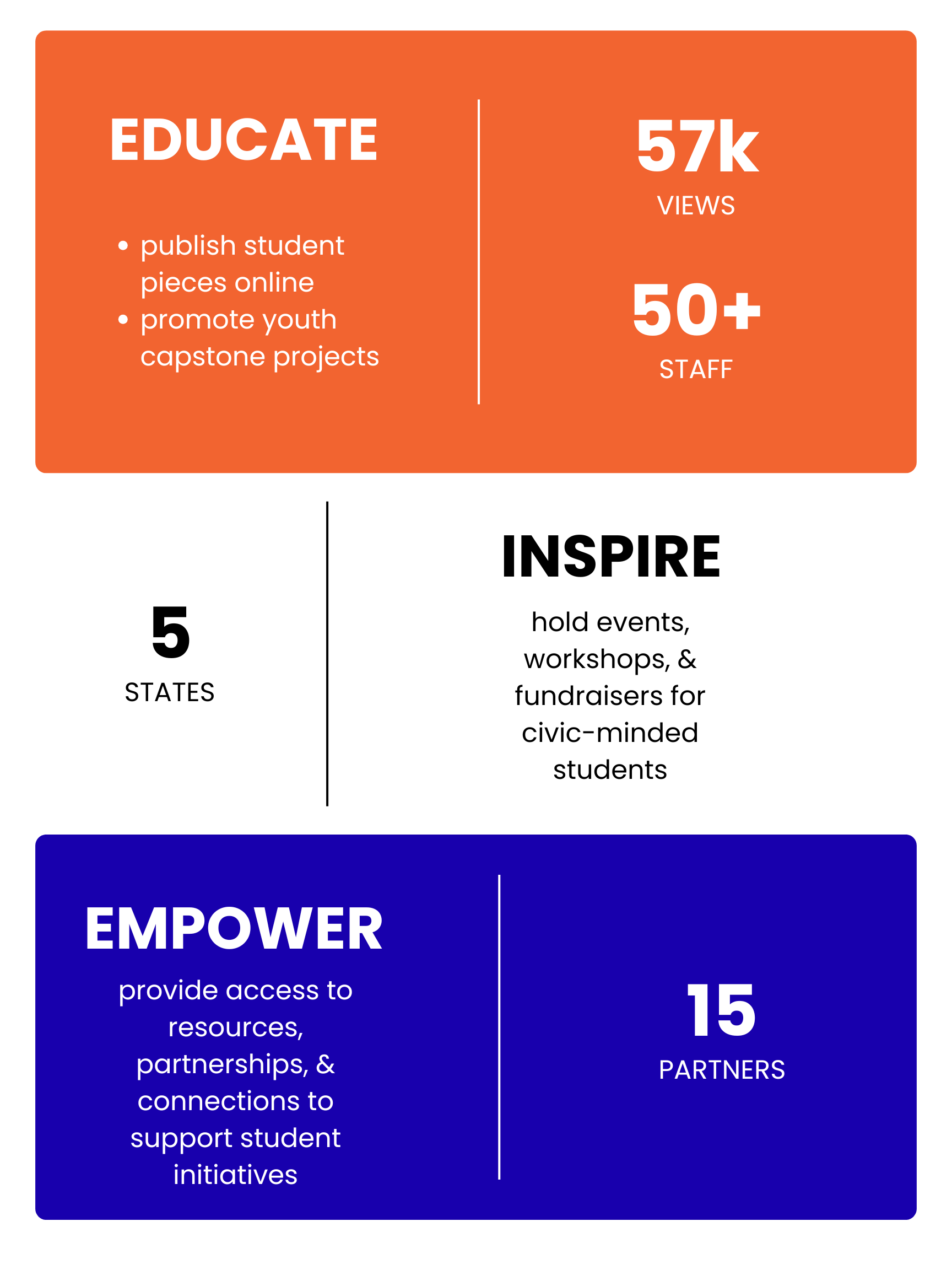

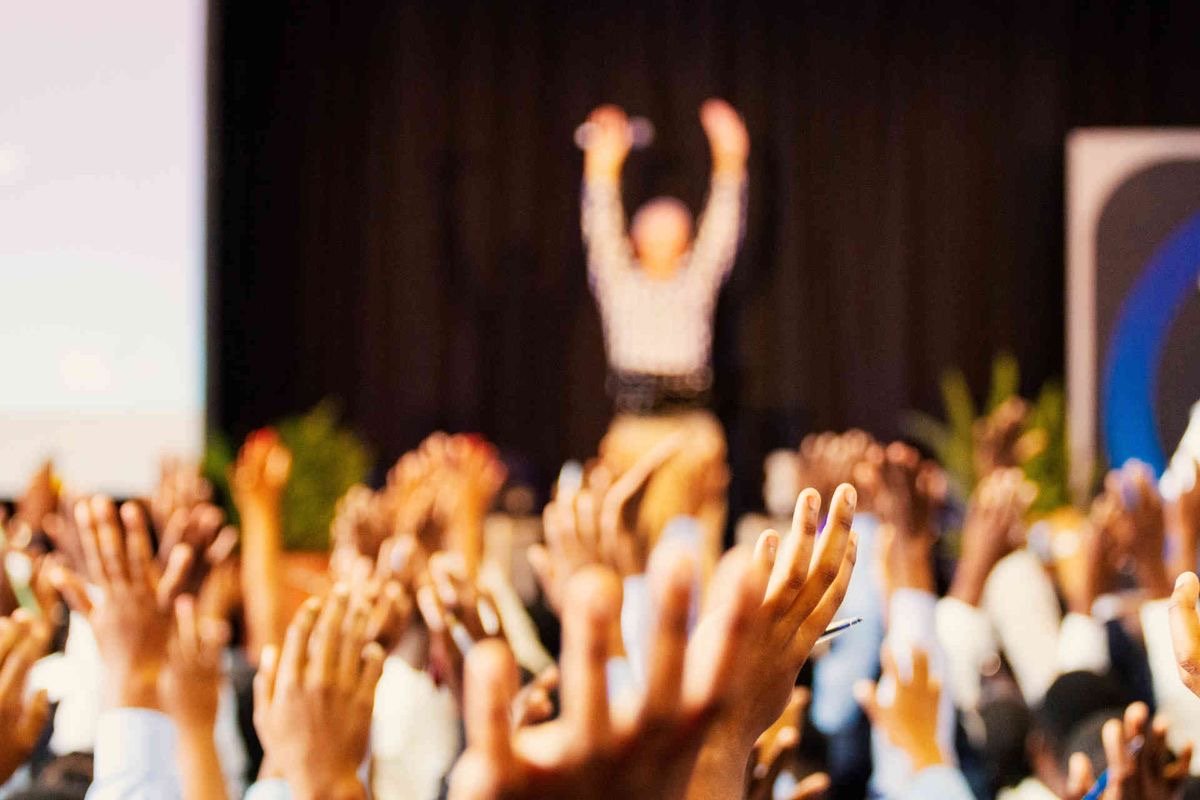

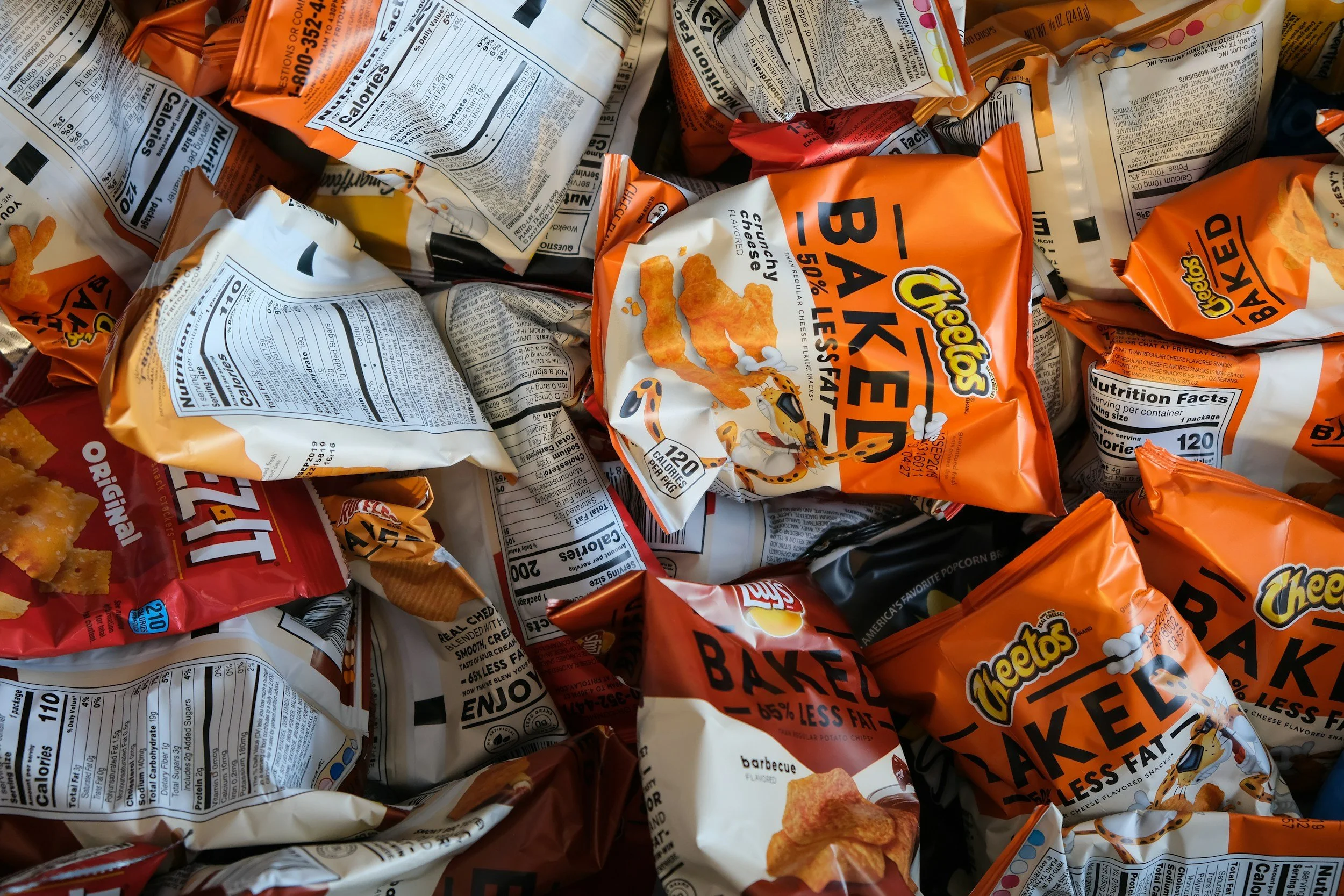





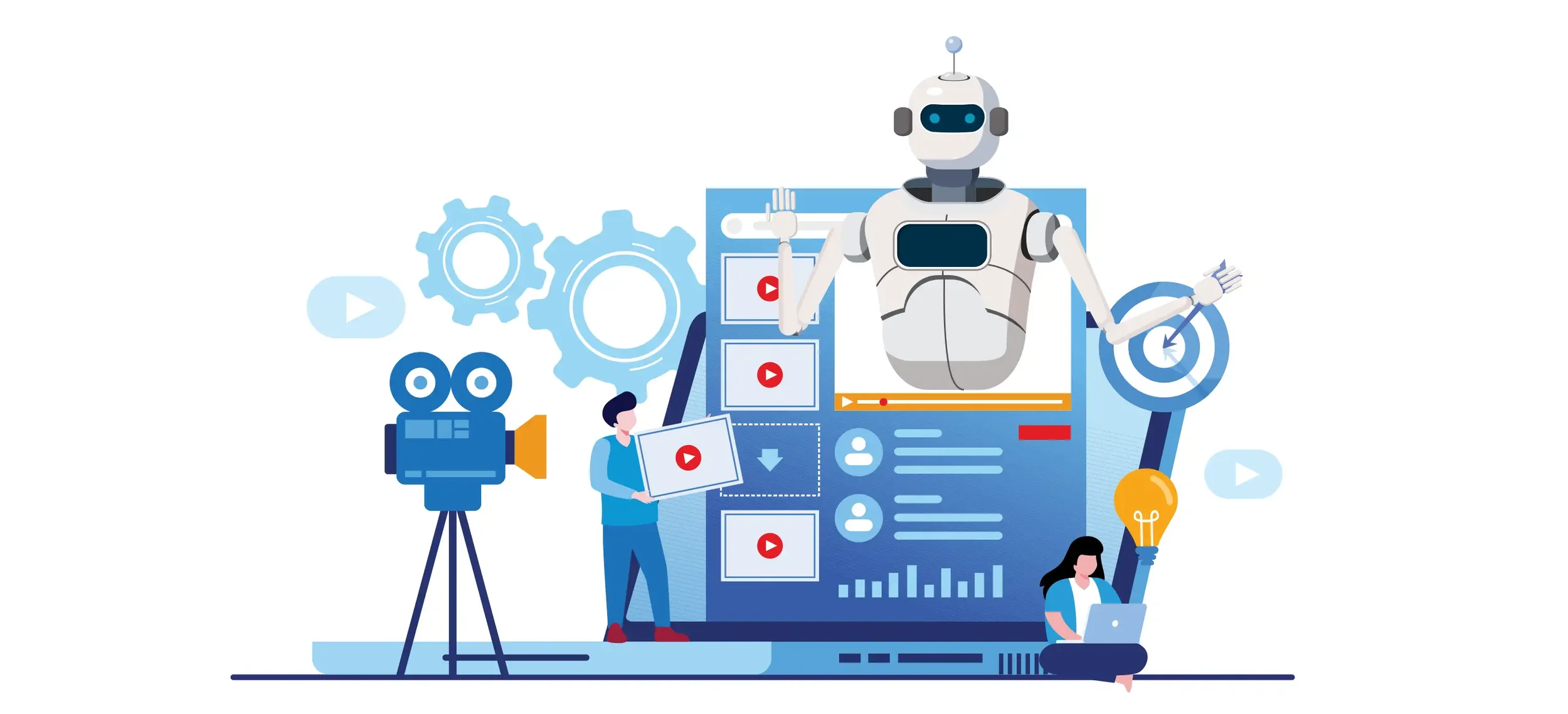










































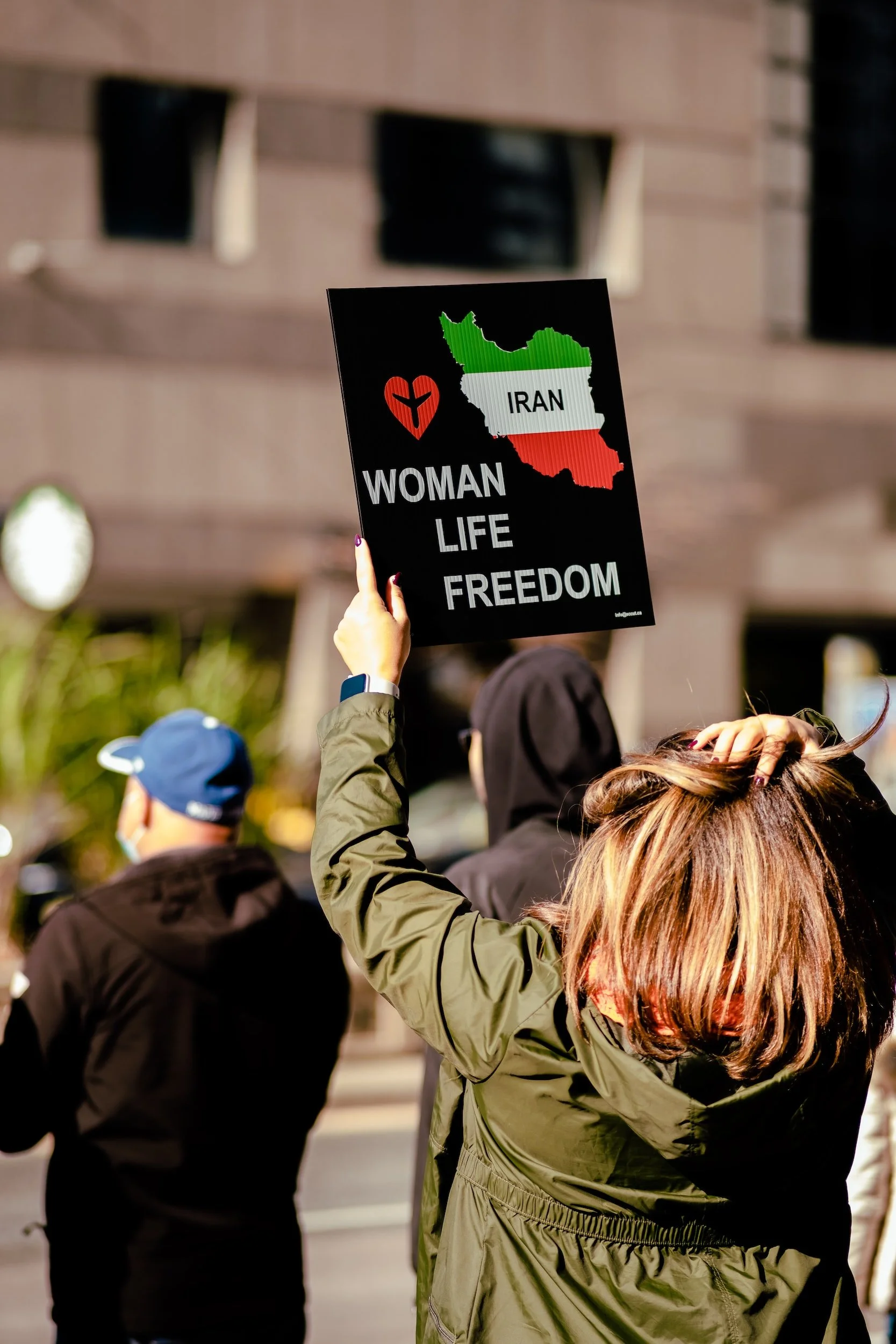

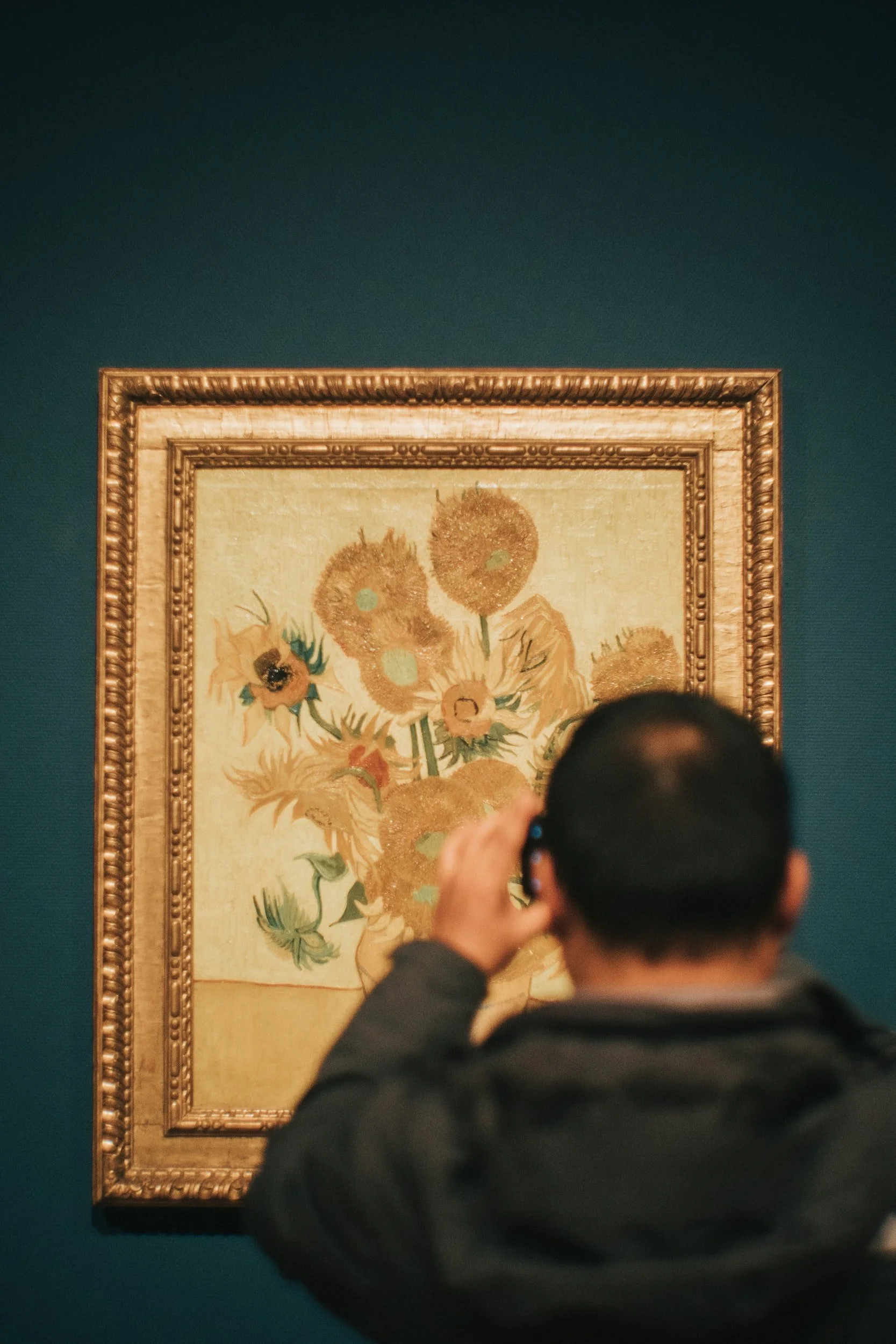
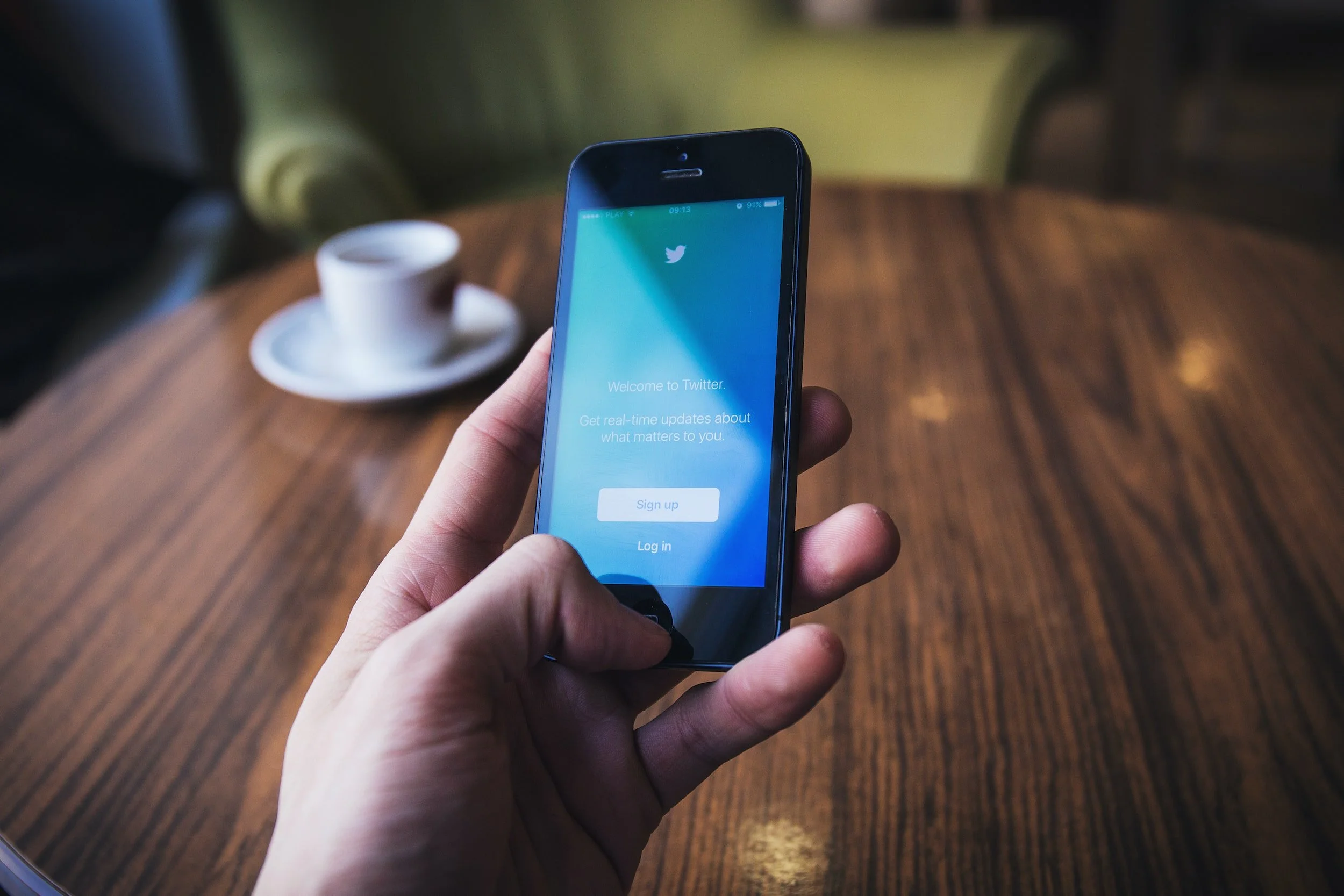


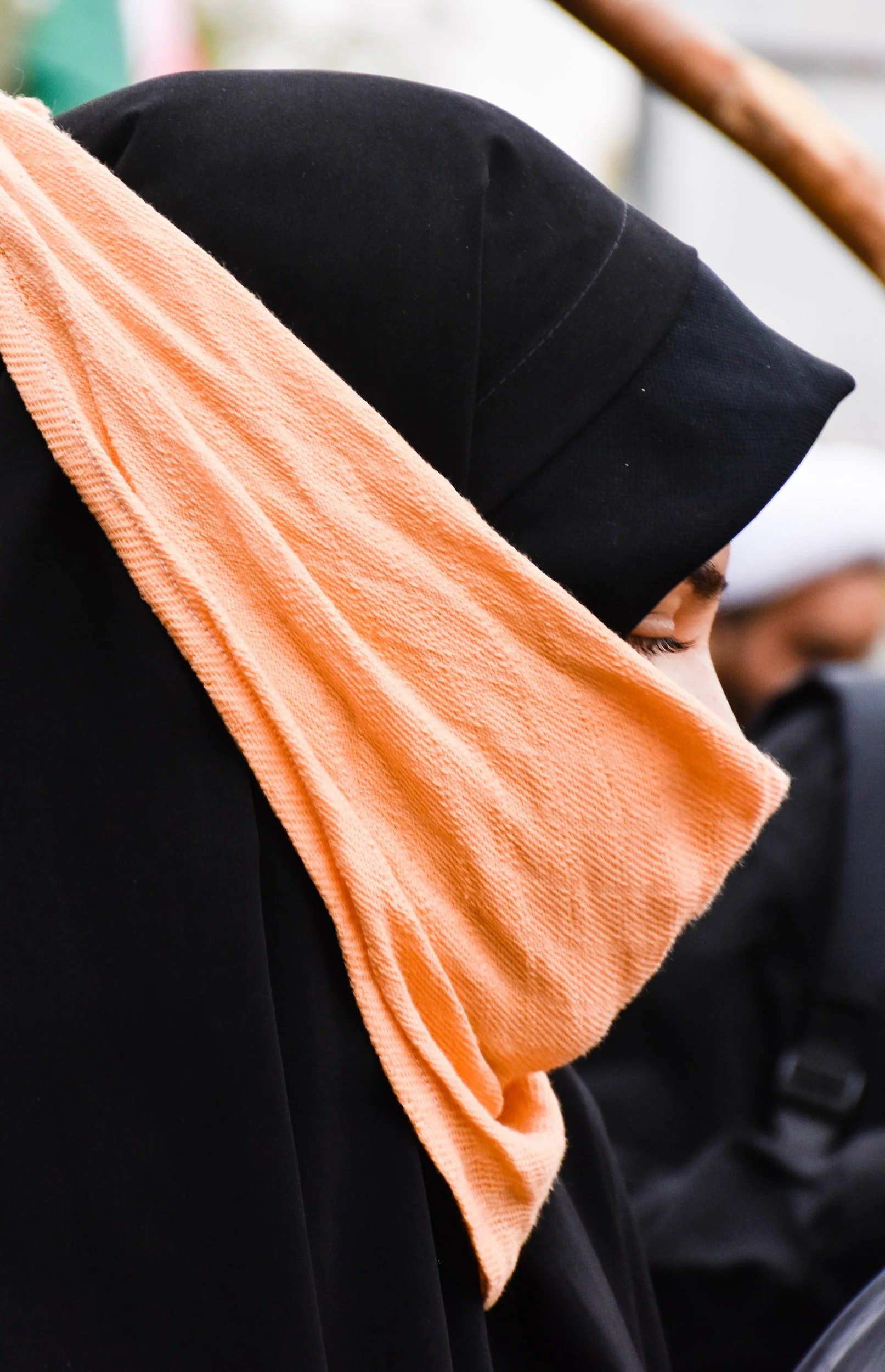
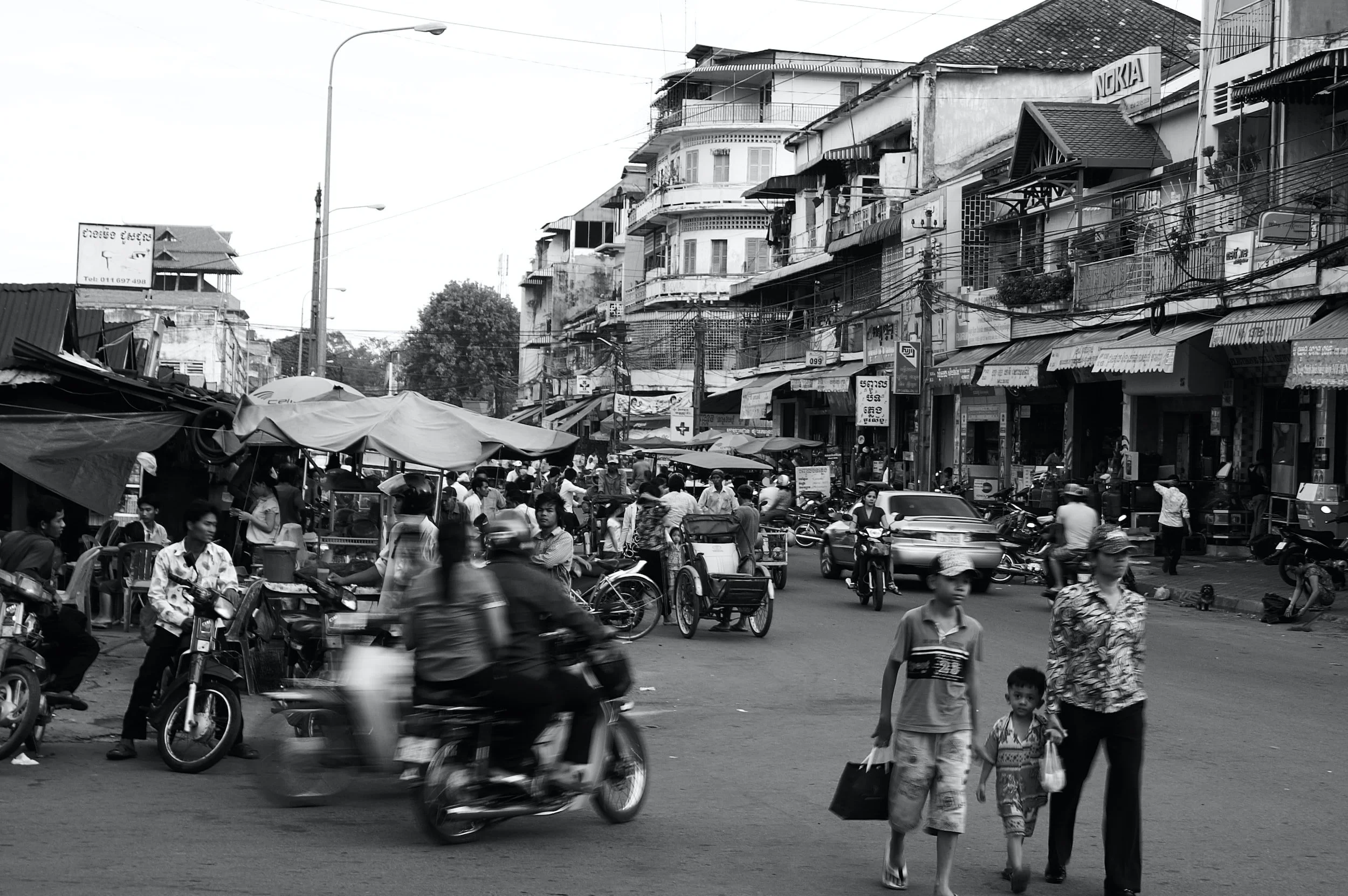

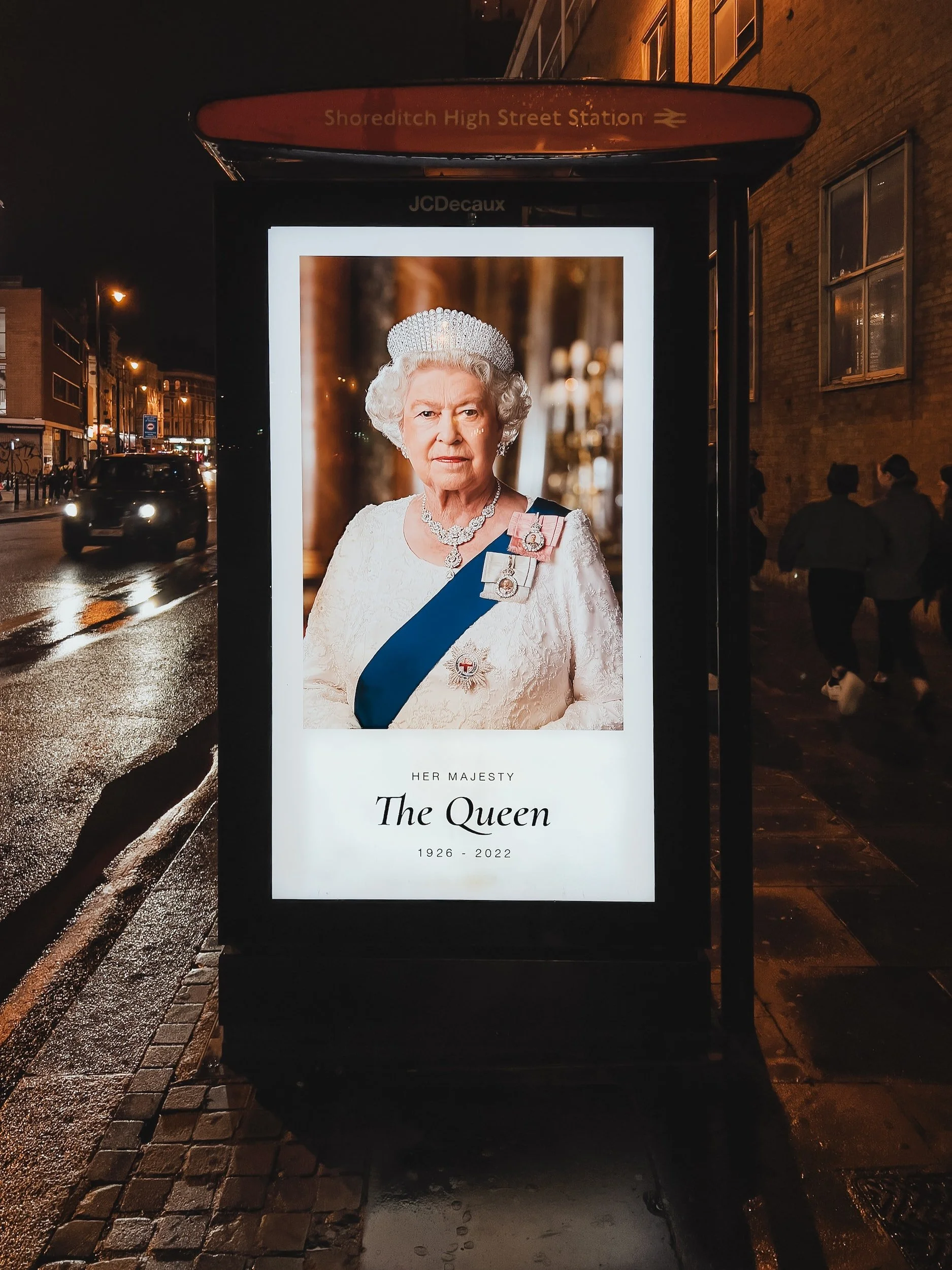



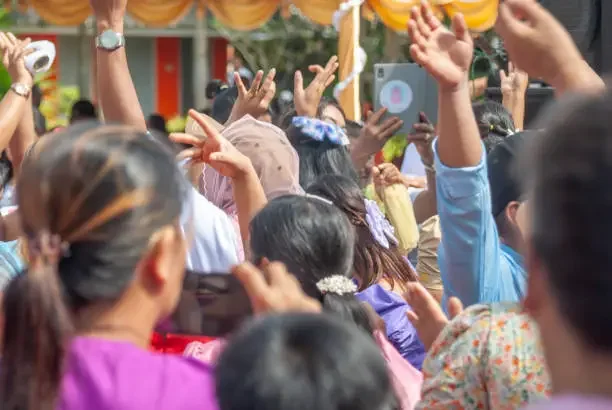













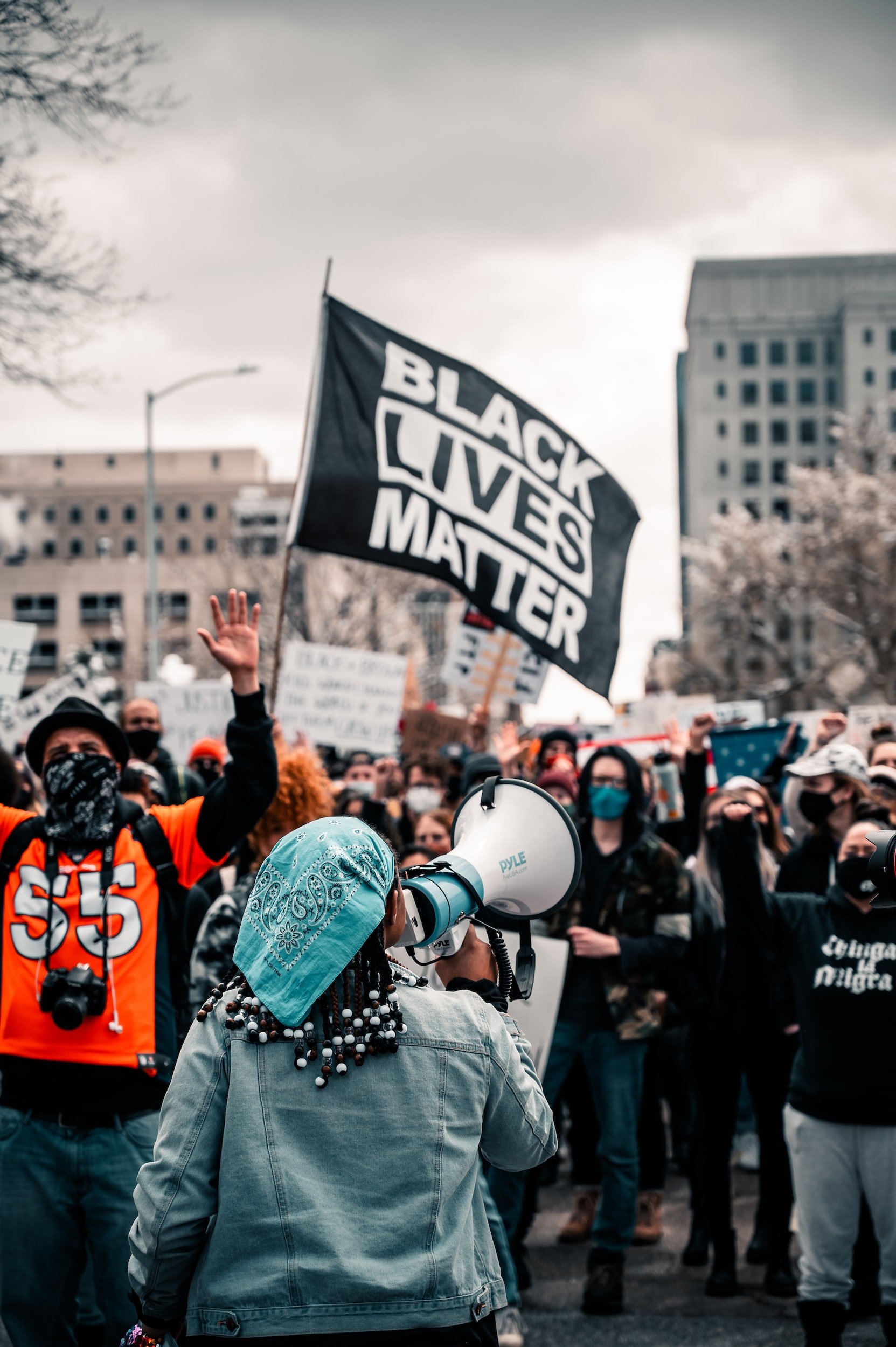







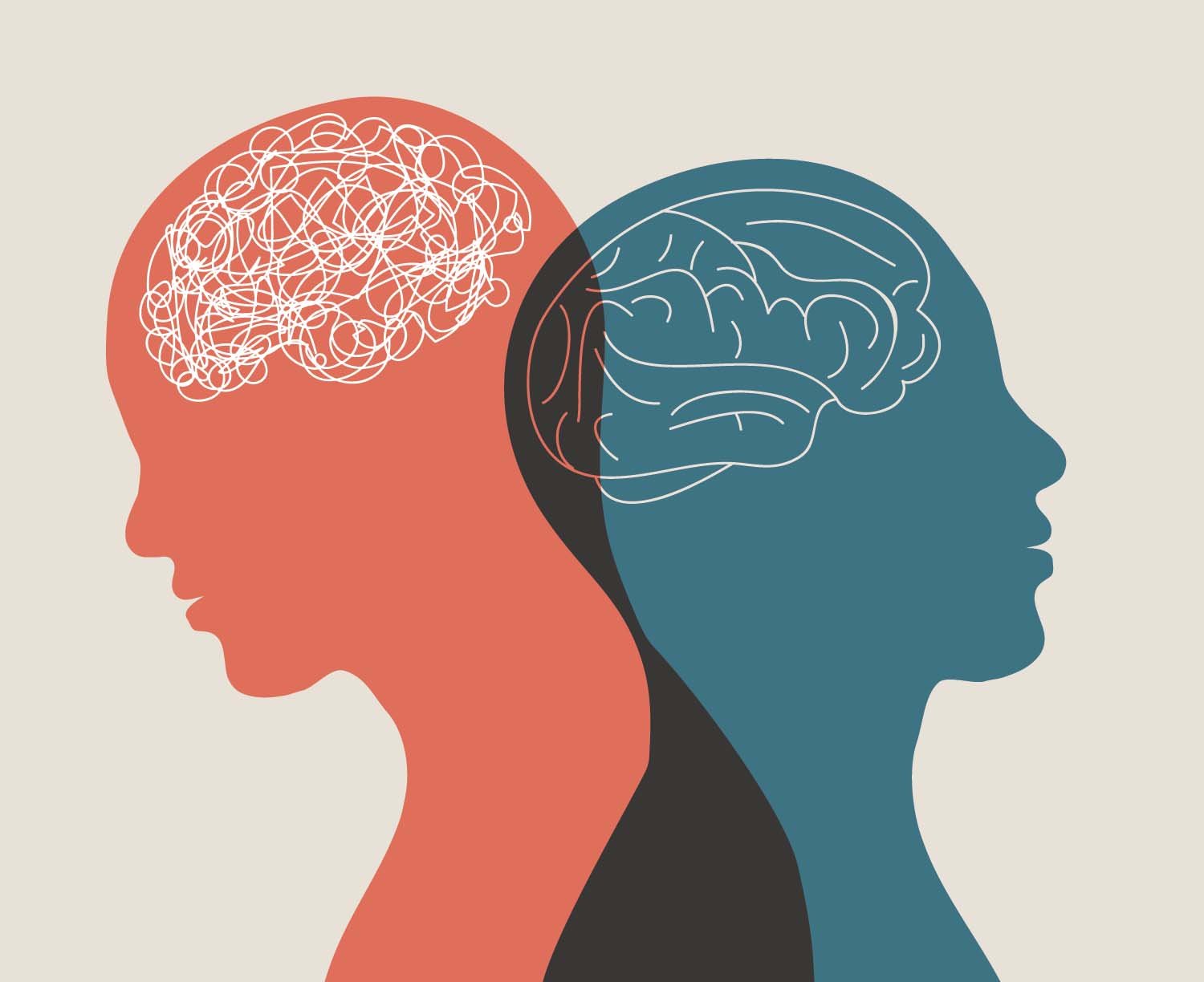



By: Kaila Morris
In middle school, Manasvi Katuri experienced first-hand the ease with which students could fall victim to societal beauty standards. It seemed that each of her peers had a clear idea of what it meant to have a “perfect” body, and there was constant pressure to conform to toxic, appearance-driven stereotypes. High school only exacerbated these pressures–– and her insecurities–– and it was then that Manasvi had to make a choice: Conform to society’s wishes, or follow her own?